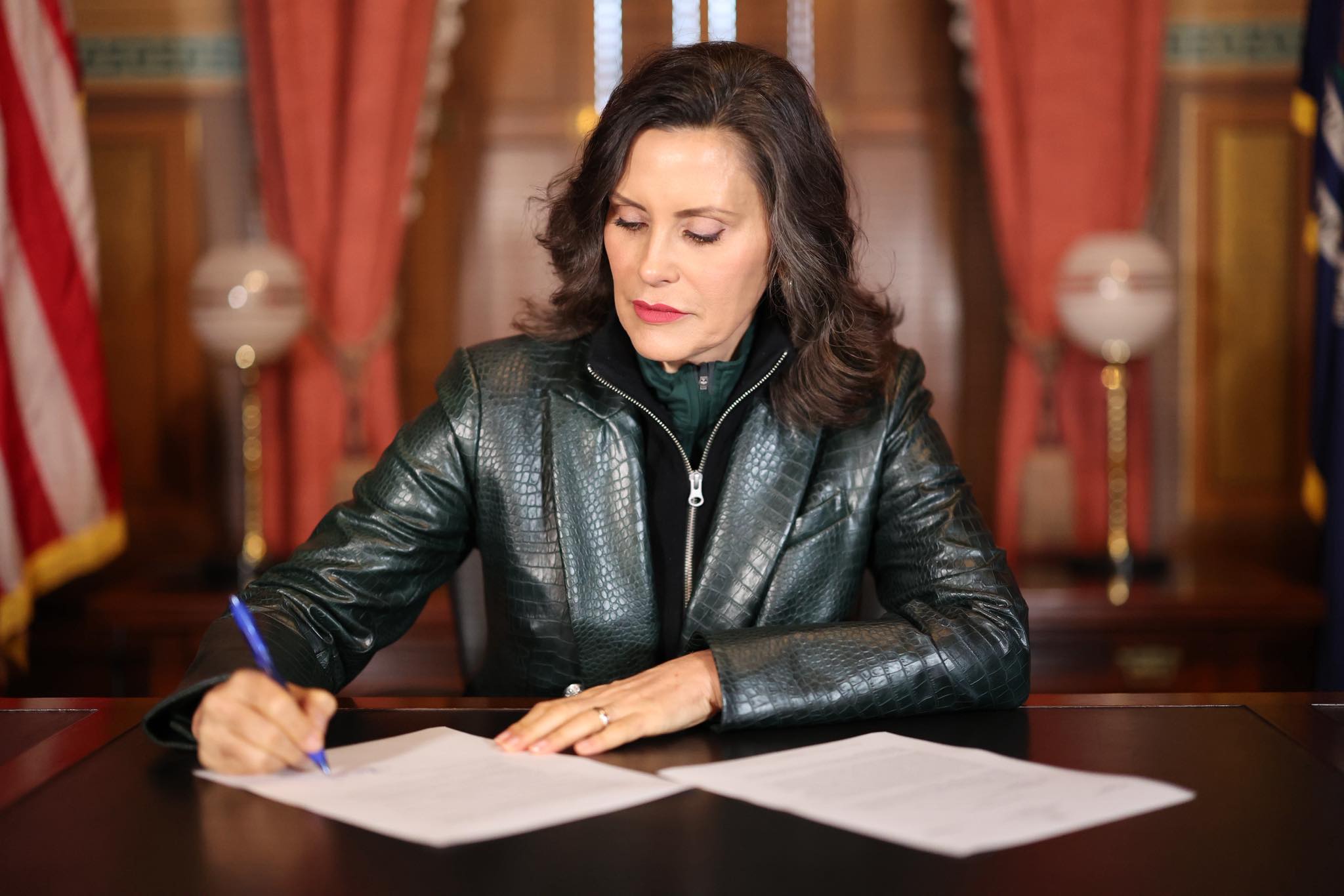It just got a little easier for wealthy families to benefit from a favorable estate tax break. In a new ruling, the IRS has extended the time for making the simplified “deceased spousal unused exclusion” (DSUE) election, also known as the “portability” election, from two to five years (Rev. Proc. 2022-32, 7/8/22).
Currently, the tax law provides a unified estate and gift tax exemption of $10 million, indexed for inflation. The figure for decedents dying in 2022 is $12.06 million. Thus, a couple can effectively shelter from tax transfers of up to $24.12 million.
The exemption is scheduled to revert to $5 million, with inflation indexing, in 2026, barring any further legislation.
Under the DSUE election, the estate of a surviving spouse can benefit from the unused portion of the decedent’s exemption to shelter assets from estate tax. This maximizes the benefits for wealthy families that otherwise may have to contend with a top estate tax rate of 40%. However, the DSUE election must be made in a timely fashion.
The due date of an estate tax return required to elect portability is generally nine months after the decedent’s date of death. In Rev. Proc. 2017-34, the IRS provided a simplified method for obtaining an extension for a DSUE election when that estate wasn’t required to file an estate tax return. It gives the estate up to two years after the decedent’s date of death
Now new Rev. Proc. 2022-32 supersedes Rev. Proc. 2017-34 and extends the window of opportunity from two to five years. To qualify for the extended tax break, the following requirements must be met:
- The decedent died after December 31, 2010;
- The decedent was a U.S. citizen or resident on date of death;
- The decedent’s estate isn’t required to file an estate tax return (i.e., the amount of the estate is below the filing threshold)
- The estate hasn’t filed a timely estate tax return.
The executor of the decedent’s estate is required to file a completed estate tax return within five years of the decedent’s date of death. State the following on the top of the return: “FILED PURSUANT TO REV. PROC. 2022-32 TO ELECT PORTABILITY UNDER 2010(C)(5)(A).”
As long as these requirements are met, the DSUE amount is available to the decedent’s surviving spouse, or their estate, for transfers on or after the decedent’s date of death. If the IRS subsequently determines that the executor was required to file an estate tax return, the extension is rendered void.
This relief doesn’t extend the time for which a surviving spouse may claim a credit or refund of overpaid gift or estate tax on their own gift or estate tax return. Finally, Rev. Proc. 2022- 32 provides guidance on filing a protective claim for credit or refund by the surviving spouse or their estate before a DUSUE election by the deceased spouse’s executor has been made. To see the entire ruling, visit https://www.irs.gov/pub/irs-drop/rp-22-32.pdf.
Thanks for reading CPA Practice Advisor!
Subscribe Already registered? Log In
Need more information? Read the FAQs
Tags: Benefits





